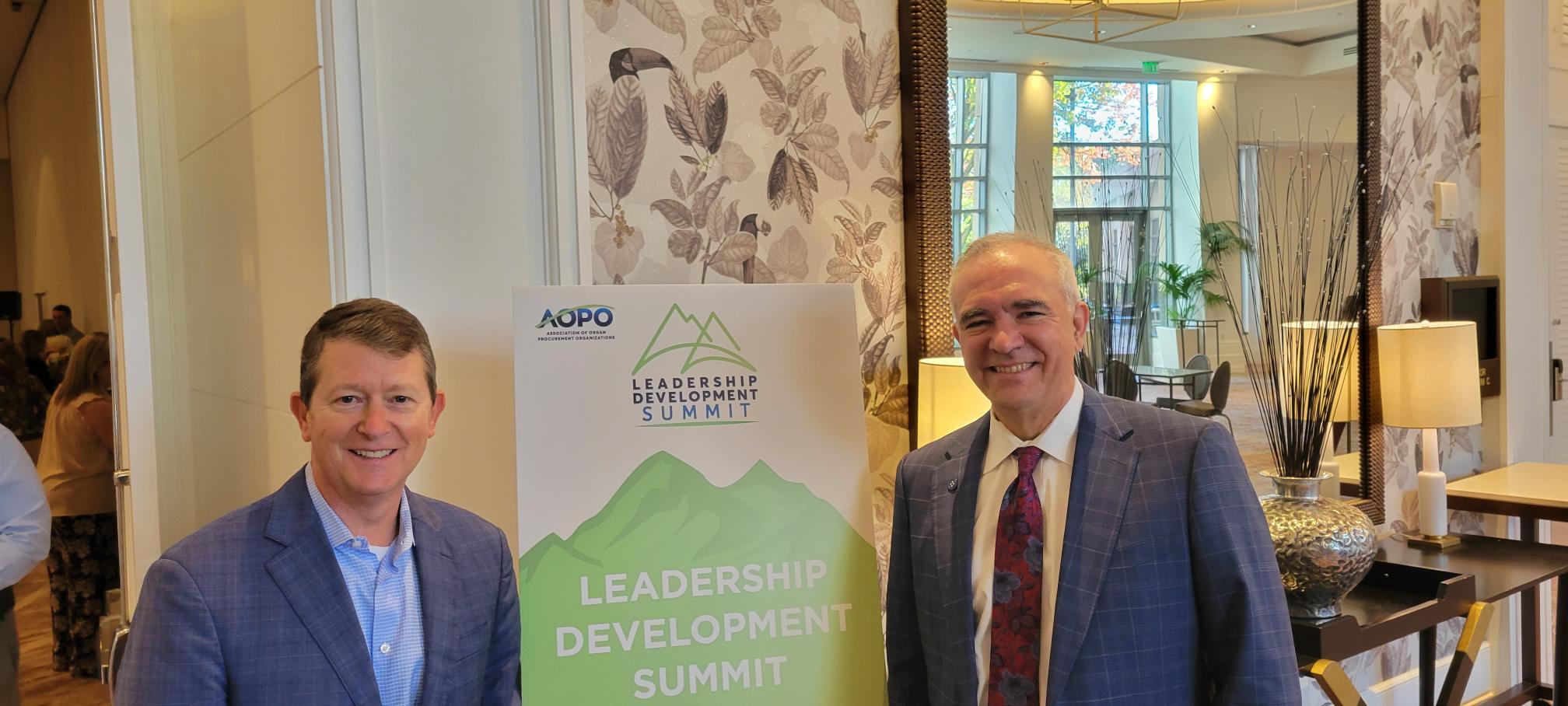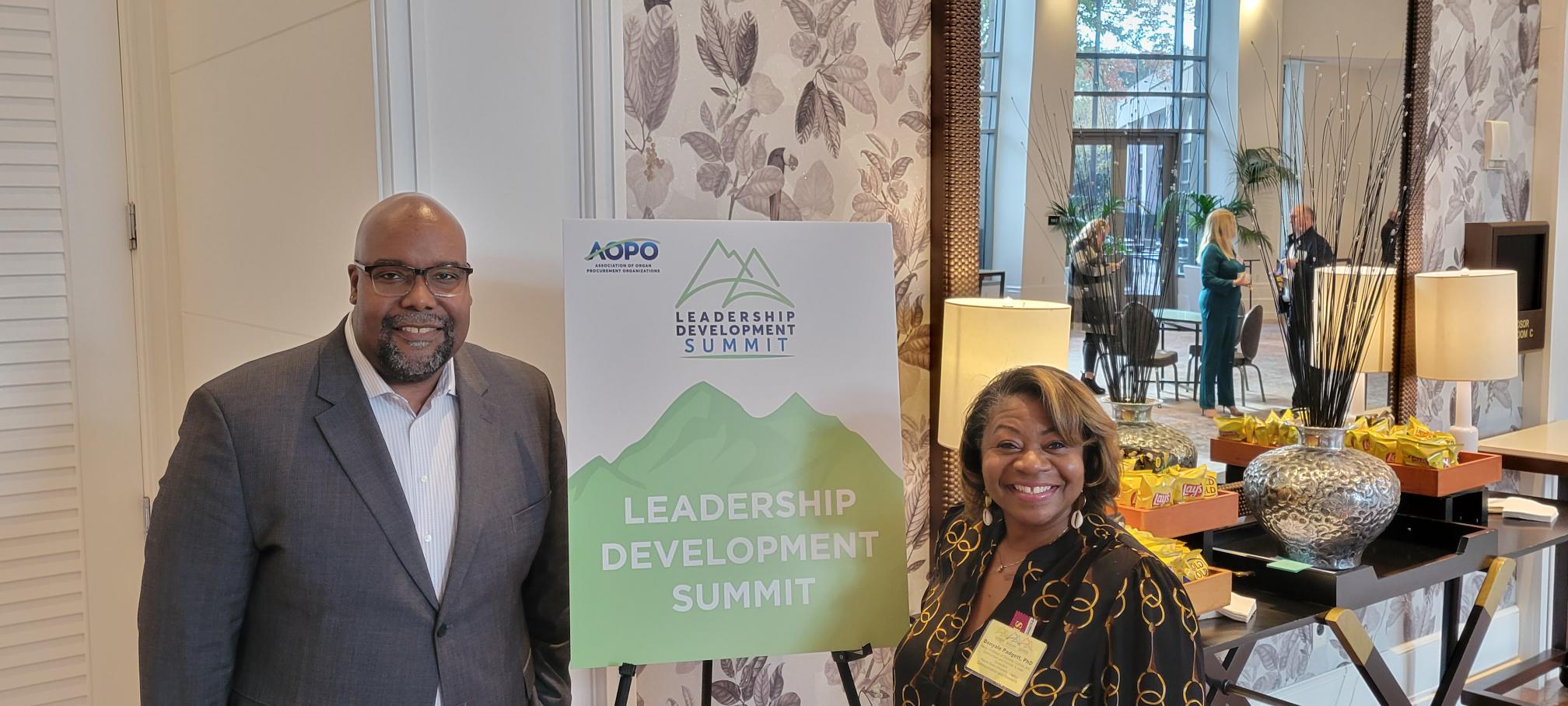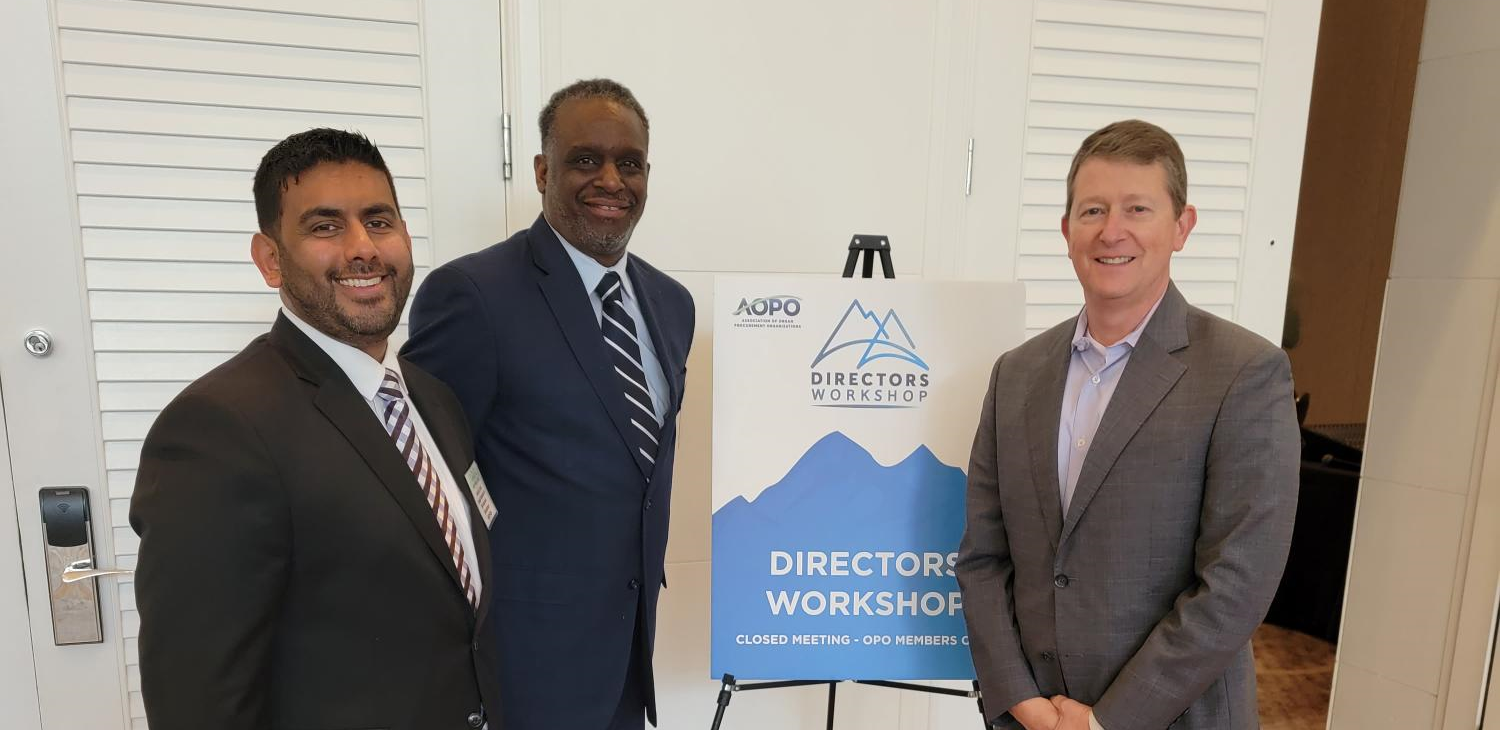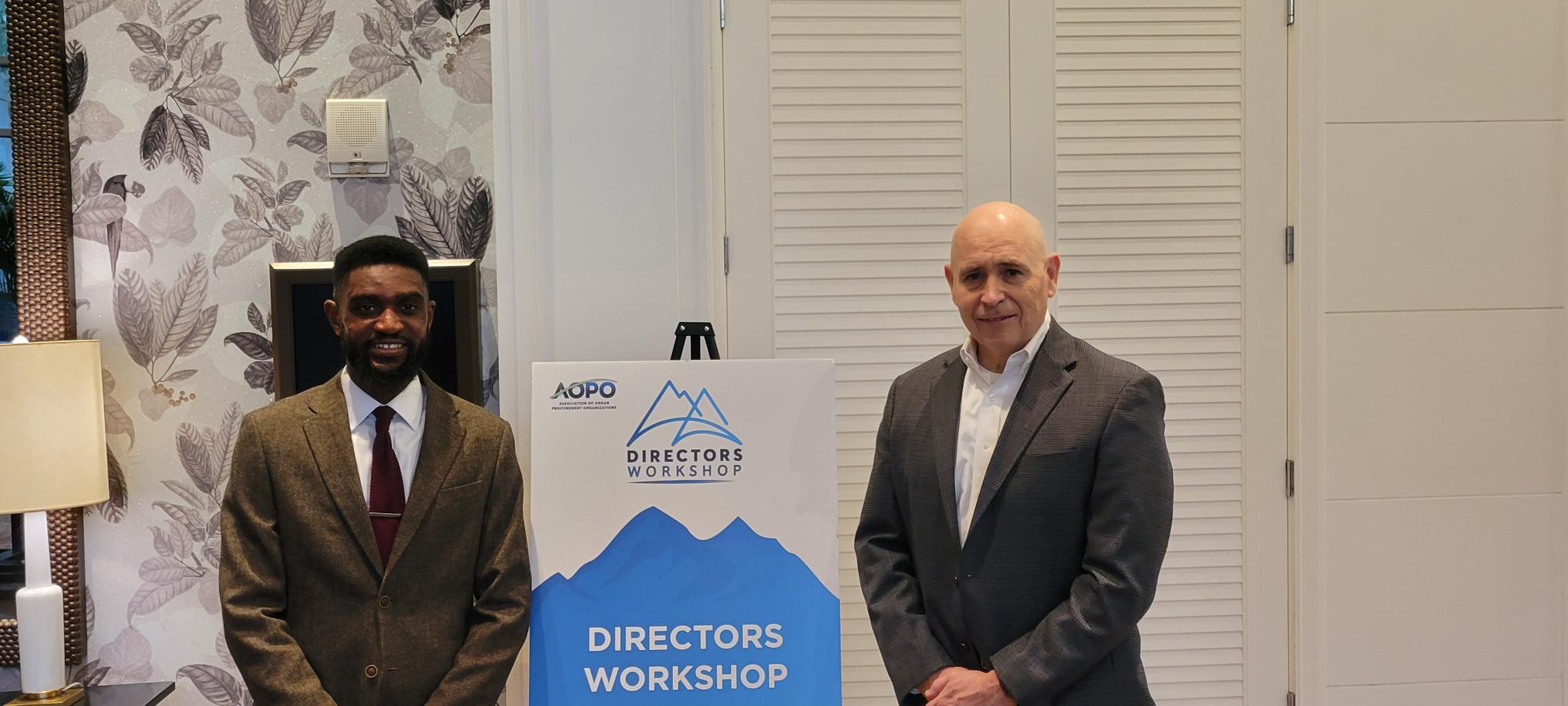Dedicated OPOs Initiate Quality Improvements: AOPO Leading the Way
Recently, the Association of Organ Procurement Organizations (AOPO) hosted a series of dynamic leadership meetings in Buckhead-Atlanta, Georgia. These events allowed current leadership teams and emerging leaders within the Organ Procurement Organization (OPO) community to engage with their colleagues, share successful practices, and collectively address challenges. The overarching goal? To move us closer to achieving the ambitious milestone of 50,000 annual organ transplants in 2026.

Leadership Development Summit: Nurturing the Leaders of Tomorrow
The AOPO Leadership Development Summit stood as a testament to the Association’s commitment to cultivating the future stewards of organ donation and transplantation. This meeting provided the opportunity for up-and-coming leaders to gain invaluable insights, knowledge, and guidance to empower them in their professional development. Educational sessions, aligned with core competencies for effective OPO leadership, covered operations, governance, stakeholder engagement, administration, and clinical advancement.
The Summit’s inaugural day commenced with an engaging session on “Leadership Happens Through Language” by Dennis Wagner, Principal Managing Director at Yes And Leadership, LLC. Wagner adeptly guided participants on understanding, using, and mastering the language of leadership. In a memorable part of the session, he compared leaders to buttons, emphasizing that strong leaders who use effective communication hold things together.

Steve Miller, AOPO, and Dennis Wagner, Yes And Leadership, LLC
Another standout session featured Donyale Padgett, PhD, and DeAndre Lipscomb, AOPO’s Diversity, Equity, Inclusion, and Belonging (DEIB) consultants from Legacy, Communications and Research. They led a robust workshop on steering the conversation from DEIB planning to actionable steps for authentic cultural change. The speakers underscored that “DEI cannot be exclusive to any one team or person. Everyone has a role. Everyone has an experience to share and an ear to give.”

DeAndre Lipscomb and Donyale Padgett, PhD, Wayne State University of Legacy, Communication and Research
Directors Workshop: Shaping the Future of Organ Donation & Transplantation
The AOPO Directors Workshop brought together OPO executive leaders from across the country to discuss proven practices and emerging innovations, and address challenges collectively to advance organ donation and transplantation initiatives.
One of the meeting highlights was when Health Resources and Services Administration (HRSA) leaders Frank Holloman and Hanock John took the stage to present on the HRSA OPTN Modernization Initiative. This program is dedicated to advancing the U.S. organ donation and transplantation system by strengthening accountability, equity, and stakeholder performance to better serve patients and families.

Hanock John and Frank Holloman, HRSA, and Steve Miller, AOPO
Additionally, Meharry Medical College student Samuel Ademisoye and Tennessee Donor Services’ Organ Recovery Surgeon Marty Sellers, MD, MPH, shared the results of their OPO-HBCU (Historically Black College and University) pilot program. The initiative was designed to diversify the future organ donation and transplantation workforce by introducing medical students to the field and offering hands-on learning and research opportunities.

Samuel Ademisoye, Meharry Medical College, and Dr. Marty Sellers, Tennessee Donor Services
Financial Management Meeting: Navigating the Financial Landscape of OPOs
The AOPO Financial Management Meeting convenes annually, catering specifically to financial and administrative professionals within the community. The attendees engaged in diverse learning forums, providing collaboration among experienced and new OPO financial professionals. The sessions included discussions about recent activities and proposals by CMS that directly impact OPO finances.
A Unified Front for the Future of Organ Donation and Transplantation
Throughout all three conferences, AOPO shared its commitment to saving and enhancing lives by leading the nation’s organ donation process through innovation, advocacy, and education. The vision of reaching 50,000 annual organ transplants in 2026 remains a driving force. AOPO outlined strategies to achieve this monumental goal, including expanding collaboration, reducing health inequities, increasing organ utilization, and driving research in the field. The collective effort of these leaders represents a unified front for the future of organ donation and transplantation.
Thanks,
Steve Miller, MBA, CAE
AOPO CEO


